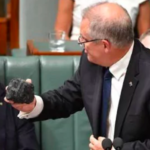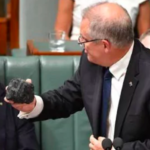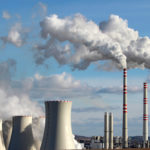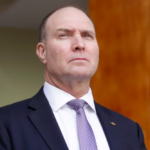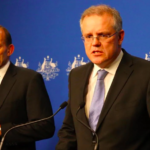COVID Commission’s Gas Fuelled Recovery Is Grounded in Climate Denial
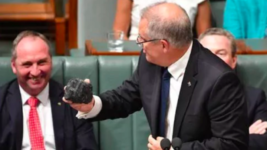
The Morrison government has taken the moment the coronavirus lockdown has afforded the nation to present a somewhat strong proactive pandemic response front, while in the background, it’s simply forging ahead with its “business as usual” fossil fuel agenda.
At least that’s how it appears when looking at recent developments involving the National COVID-19 Coordination Commission (NCCC): a corporate-driven body – formed with no parliamentary oversight – charged with advising the government on the economy during the crisis.
A draft report by the NCCC Manufacturing Taskforce was leaked to the press last week. It recommends a post-pandemic recovery that relies on a massive expansion of the gas industry, with no acknowledgement of the pre-pandemic nationwide calls for action on changing climate.
This gas fuelled recovery model was given further emphasis by NCCC head Nev Power during an AFR interview published the day prior to the release of the report. It involved the prominent fossil fuel industry figure spruiking cheap gas as a way forward.
And while Power did mention one advantage of gas being that it would allow for an easier transition to renewables, besides this, the details emerging as to what the secretive NCCC has been up to since late March, shows that no consideration has been giving to recent local climate catastrophes.

Gas is us
As requested by the NCCC, the manufacturing taskforce is chaired by former Dow Chemical CEO and Saudi Aramco board member Andrew Liveris. And the majority of its other members represent the energy and manufacturing industries, as well as a few union officials thrown in for good measure.
The NCCC Manufacturing Taskforce report promises “a vibrant, globally competitive” transformation of the economy post-COVID-19 that will deliver up to 17,000 direct jobs over the next decade, with up to 85,000 associated jobs, as well as growth underpinned by $10 to $20 billion in direct GDP.
Published by the Guardian on 20 May, the report even uses terms like “sustainable” and “ecosystem”, while pushing the heavily taxpayer subsidised “gas-led recovery”, when it’s just been found the industry is producing up to 40 percent more methane emissions than previously thought.
Some of the key recovery recommendations made in the taskforce report include the rapid removal of both “ red and green tape” from moving gas projects ahead, along with the lifting of the remaining moratoria on gas expansion in both NSW and Victoria.
The report also list development projects it suggests pursuing, such as gas pipelines connecting eastern states to the north and west of the country, as well as the removal of regulatory barriers to allow projects to go ahead in NSW’s Narrabri region and in the Beetaloo Basin in the NT.
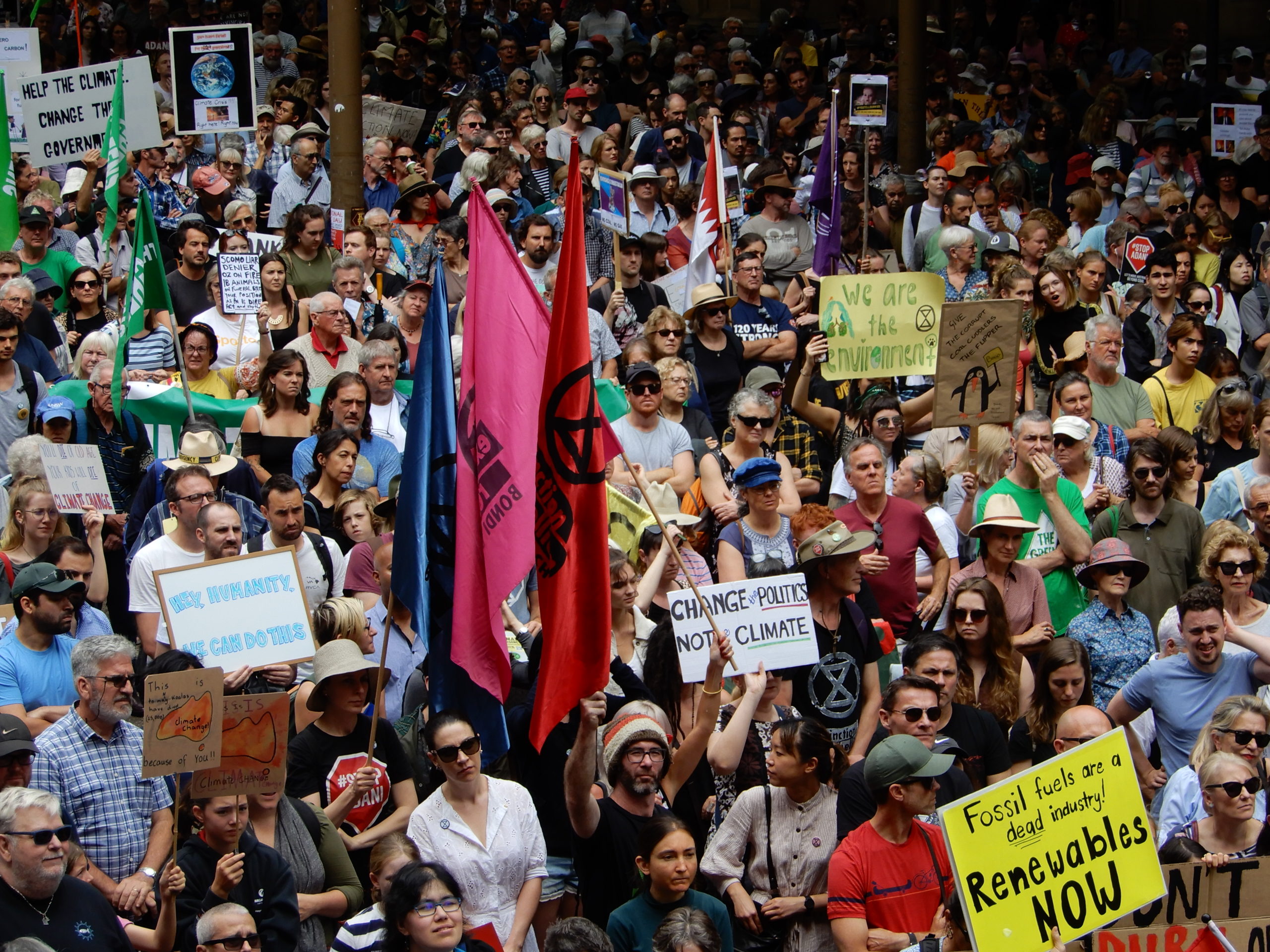
No vested interest here
NCCC chair Nev Power is not only the former chief executive of Fortescue Metals Group, but he’s also the current deputy chair of Strike Energy, which is right now developing a gas field project in Western Australia.
However, a NCCC spokesperson announced on Friday that Power is going to halt his participation in Strike Energy meetings and decisions to prevent any perception that there could be a conflict of interest in his pushing for investment in an industry that he’s directly going to benefit from.
The move came just days after Power told the Australian Financial Review that he and others involved with the NCCC were upfront about their interests in the energy industry, and that the group had “processes” in place to account for this.
Indeed, concerns over the stacking of the NCCC with executives from the gas and mining industries were raised soon after the advisory body was announced, especially as it came straight after the PM closed parliament, guaranteeing a lack of scrutiny from non-Coalition politicians.
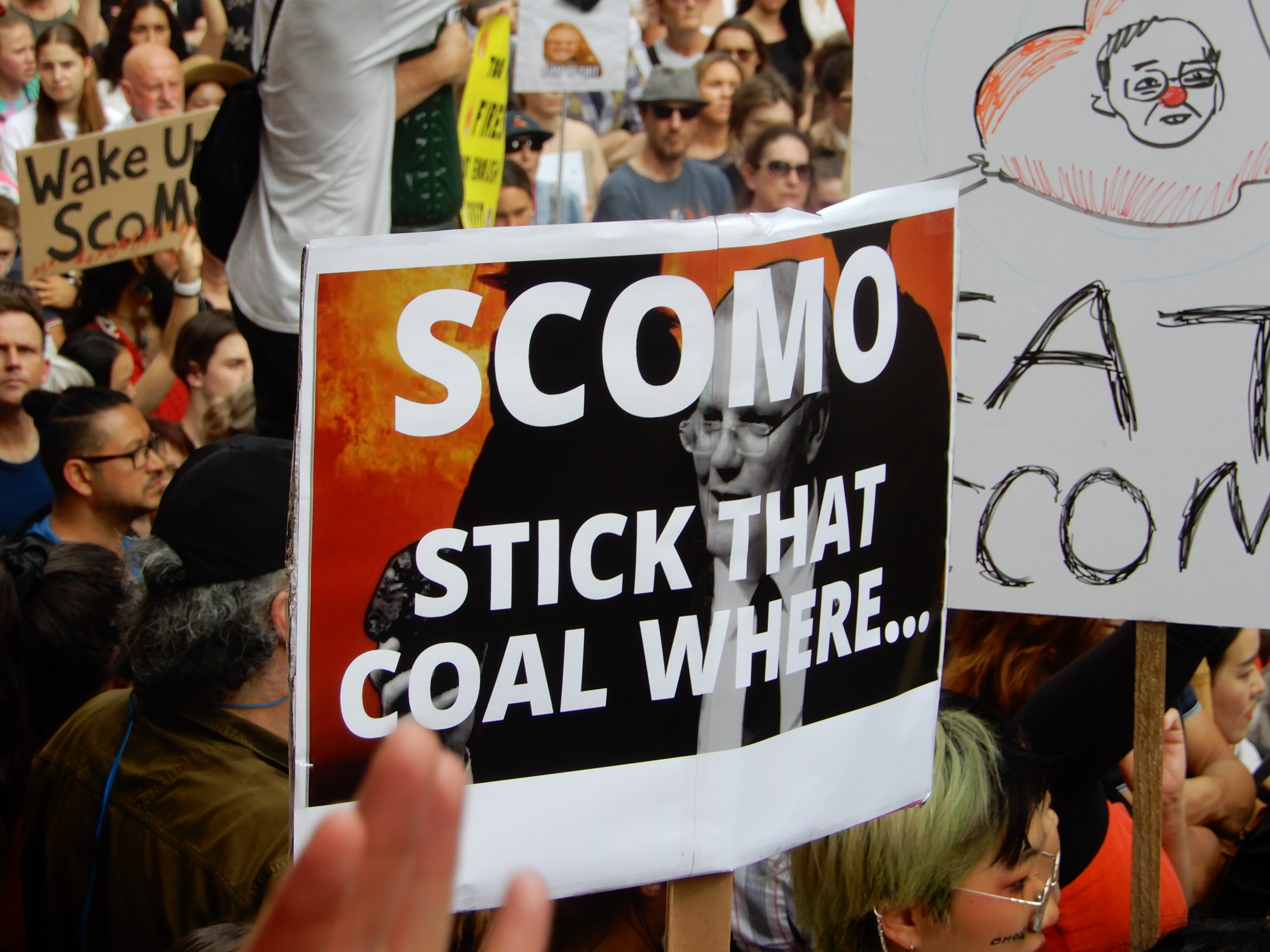
Business as usual
But, while the leaked report seems to reveal a new focus on a different fossil fuel from a government that’s long been associated with its heavy addiction to coal, this eyeing off the gas sector was already in the works prior to COVID-19 forcing us all into lockdown.
As federal parliament met for its first sitting days for 2020, the Morrison government appointed new resources minister Keith Pitt, who promptly set about calling for more investment in coal, gas and uranium, as a way to lift standards of living.
During that same week, Scott Morrison cut a deal with NSW premier Gladys Berejiklian, whereby the federal government agreed to provide her state with $960 million in loans in exchange for an additional 70 petajoules of gas.
And as the COVID-19 lockdown commenced, the Victorian government announced that it was lifting its ban on new onshore gas projects and exploration, which many saw as a betrayal by premier Daniel Andrews. However, others assert Canberra was behind the move.
“Due to intense pressure from the federal government, the Andrews government had no choice but to lift the ban in order to get funding for renewable energy,” Extinction Rebellion spokesperson Jane Morton told Sydney Criminal Lawyers in early May.
“The timing had nothing to do with the virus, it was something that happened just before it.”
The climate activist’s version of events links the lifting of the Victorian gas ban to a general push the Morrison government was giving states and territories in relation to expanding fossil fuel projects. In NSW, this translated as the Narrabri gas project.
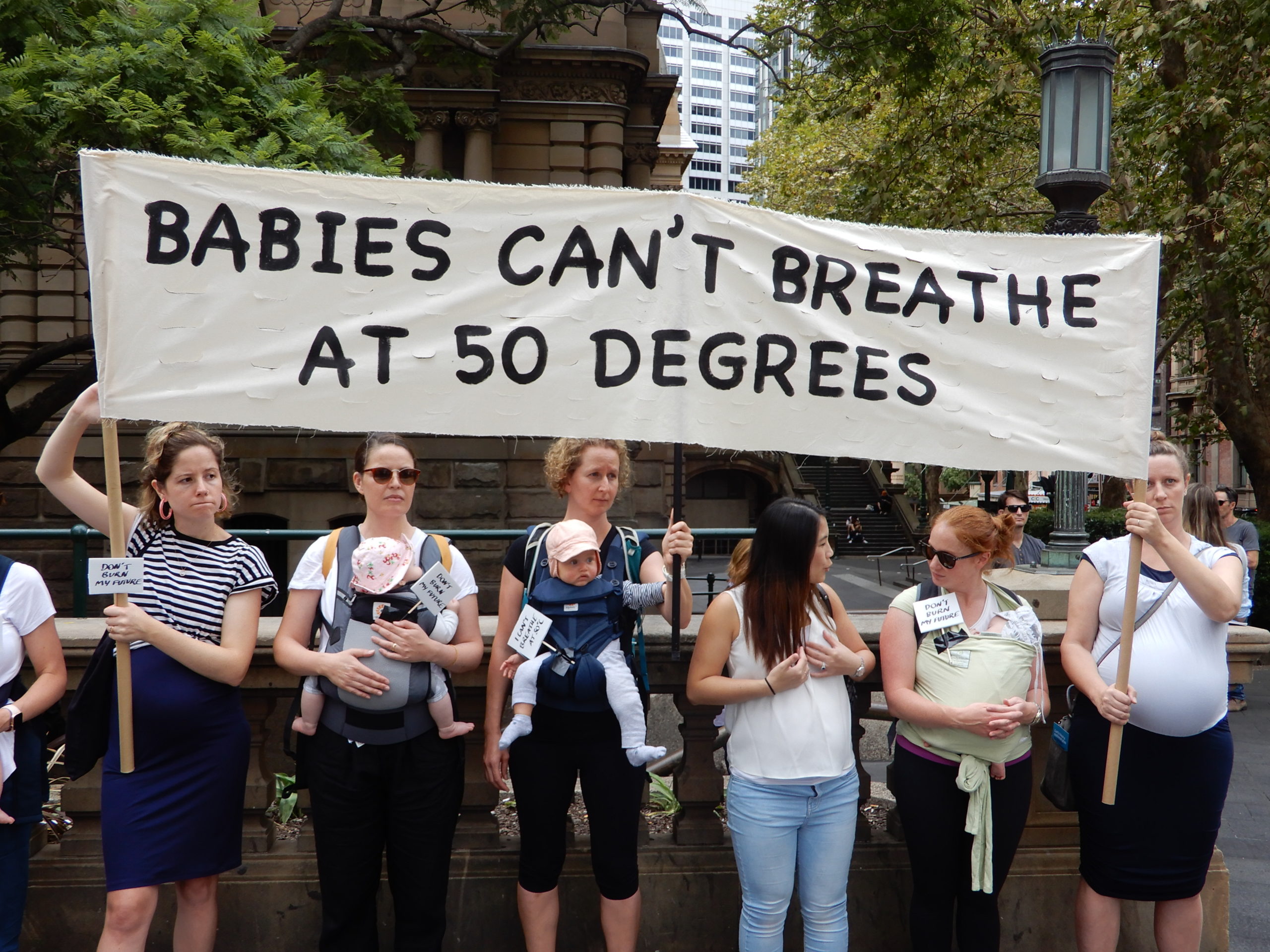
No way forward
But, the most disturbing aspect of the taskforce’s draft report is that it completely disregards changing climate. The eleven page document makes no mention of the fact that the global community now has an emphasis on moving beyond fossil fuels as they’re destroying the planet.
The IPCC’s 2018 report warns that this current decade is a pivotal time for humanity to turn away from its reliance on the fossil fuel industry in order to prevent a temperature rise above 1.5°C, which would limit the great changes to the environment that are already taking place.
And the taskforce’s gas recovery proposal completely disregards last summer’s bushfire catastrophe that saw 20 percent of the nation’s mainland forest destroyed, and nor does it factor in the devastating water shortage that’s just occurred in the country’s southeast.
Both these crises were unprecedented. And scientists have overwhelmingly attributed both these events to a breakdown in climate due to global warming.
So, for our elected leaders and their unelected cronies to wave the nation down a path that will line their pockets in the short-run, while guaranteeing humanity’s destruction in the long-term, reveals that they may be able to coordinate a lockdown, but they sure can’t envisage a viable future.


